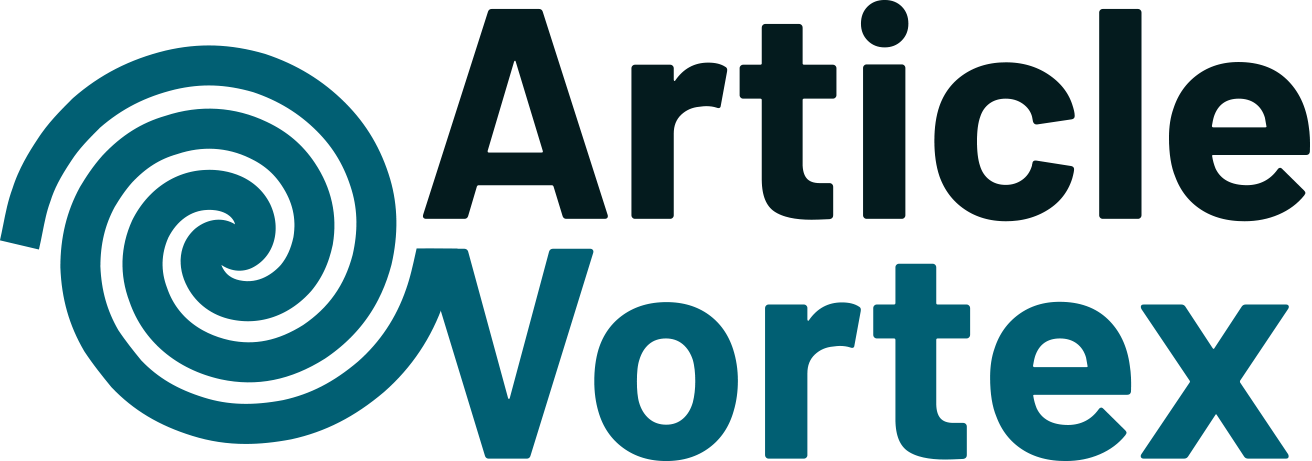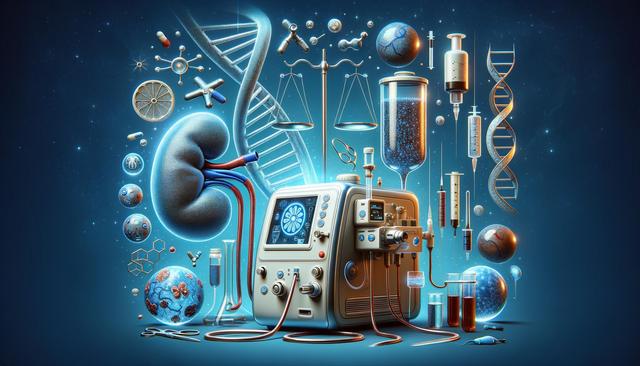Understanding Chronic Kidney Disease Treatment Goals
Chronic kidney disease (CKD) is a long-term condition where the kidneys gradually lose their function. Treatment goals primarily focus on slowing the progression of the disease, managing symptoms, and reducing complications. Since CKD can lead to serious health problems like heart disease and kidney failure, early intervention is crucial. Treatment strategies are tailored to the individual and often depend on the underlying cause of the disease, the stage of kidney decline, and the presence of other health conditions. Regular monitoring through blood tests, urine analysis, and blood pressure measurements form the backbone of CKD management.
Medication Management in Chronic Kidney Disease
Medications play a vital role in managing CKD and its associated complications. Doctors often prescribe medicines to control conditions that contribute to kidney damage, such as high blood pressure and diabetes. Some common medications used in CKD treatment include:
- Angiotensin-converting enzyme (ACE) inhibitors and angiotensin II receptor blockers (ARBs) to lower blood pressure and reduce proteinuria.
- Diuretics to help remove excess fluid from the body.
- Phosphate binders to control blood phosphate levels.
- Erythropoiesis-stimulating agents (ESAs) to treat anemia related to CKD.
It is important for patients to follow prescribed medication regimens carefully and report any side effects to their healthcare provider. Adjustments in dosages are often necessary as kidney function changes over time.
Dietary Changes for Better Kidney Health
Nutrition is a cornerstone of CKD management. Dietary modifications can significantly slow disease progression and ease the burden on the kidneys. Some important dietary adjustments include:
- Reducing sodium intake to help control blood pressure and minimize fluid retention.
- Limiting protein consumption to decrease the production of waste products in the blood.
- Managing potassium and phosphorus levels through careful food selection.
- Staying hydrated without overloading the kidneys.
Patients are often advised to work with a registered dietitian who specializes in kidney health to create a personalized meal plan. These plans take into account the patient’s stage of CKD, nutritional needs, and any coexisting medical conditions.
Dialysis and Kidney Transplantation Options
When CKD progresses to end-stage renal disease (ESRD), dialysis or a kidney transplant may become necessary. Dialysis is a treatment that performs the functions of the kidneys by removing waste, salt, and extra water to prevent them from building up in the body. There are two main types of dialysis:
- Hemodialysis: Blood is filtered outside the body using a machine.
- Peritoneal dialysis: The lining of the abdomen acts as a natural filter.
Kidney transplantation involves surgically placing a healthy kidney from a donor into a patient with ESRD. This option can offer a longer, higher-quality life compared to long-term dialysis, but it requires a rigorous evaluation process and lifelong immunosuppressive therapy to prevent organ rejection.
Lifestyle Modifications and Supportive Care
Managing CKD goes beyond medical treatments and dietary changes. Lifestyle modifications play a crucial role in maintaining kidney health and overall well-being. Key lifestyle adjustments include:
- Quitting smoking to improve blood circulation and reduce kidney damage.
- Engaging in regular physical activity to maintain a healthy weight and support heart health.
- Managing stress through techniques like meditation, counseling, or support groups.
- Monitoring blood sugar levels closely in patients with diabetes.
Supportive care, including palliative care approaches, may also be appropriate for those with advanced CKD who choose not to pursue dialysis or transplantation. This care focuses on relieving symptoms, improving quality of life, and supporting patients and families through decision-making processes.
Conclusion: A Comprehensive Approach to Chronic Kidney Disease Management
Chronic kidney disease requires a carefully coordinated approach involving medical treatment, dietary management, lifestyle changes, and sometimes advanced therapies like dialysis or transplantation. Patients working closely with a healthcare team can significantly improve their quality of life and potentially slow the progression of CKD. Staying informed, adhering to treatment plans, and making proactive health choices are essential steps toward managing this challenging condition effectively.












